Deck & Commander Strategies

Vorel of the Hull Clade
The deck uses counters to enhance creatures, with cards like Primal Vigor and Branching Evolution to double counters and rapidly scale power on the battlefield.
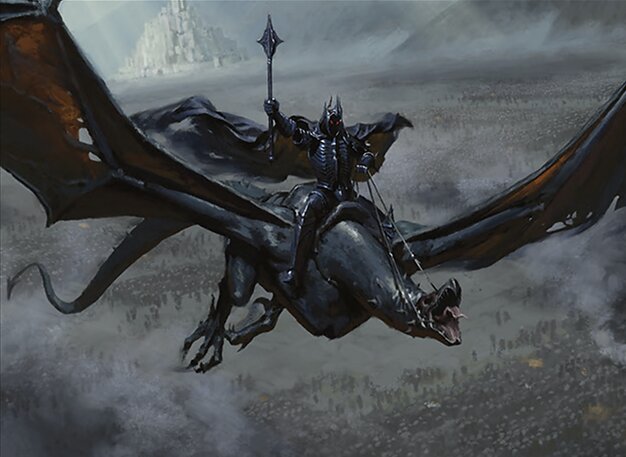
Lord of the Nazgûl
The deck aims to generate and duplicate powerful wraiths, using Nazgûl's abilities to create a formidable army of tokens.

Myrel, Shield of Argive
The deck is designed to build a board presence with soldier tokens, leveraging Myrel's abilities to protect and enhance them.

Meria, Scholar of Antiquity
The deck utilizes artifacts and Meria's abilities to gain card advantage and exert control over the game.
Gameplay Insights
- 1
The Vorel player's decision to play Primal Vigor early in the game set up a strategy of rapidly scaling their creatures' power with counters.
- 2
The Lord of the Nazgûl player showcased the potential of their deck by revealing their plan to generate and duplicate powerful wraiths.
- 3
The use of Thraben Inspector by the Myrel player demonstrated an intent to build a board presence with soldier tokens.
- 4
The Meria player's use of Cindervines showcased a control strategy, aiming to keep other players' boards in check.
Notable Cards
-
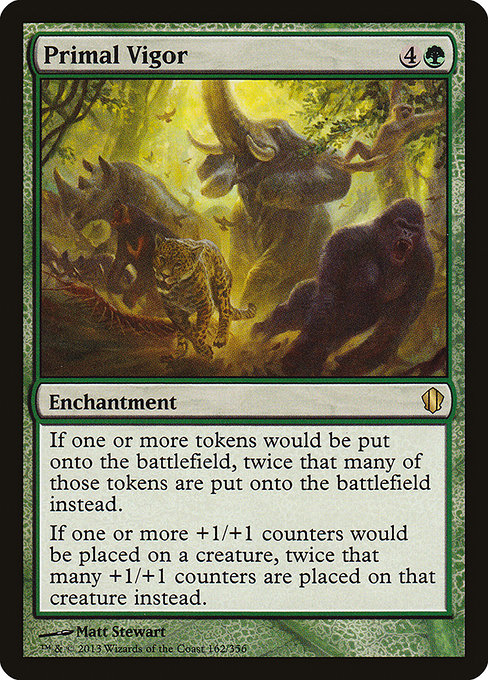
Primal Vigor
-
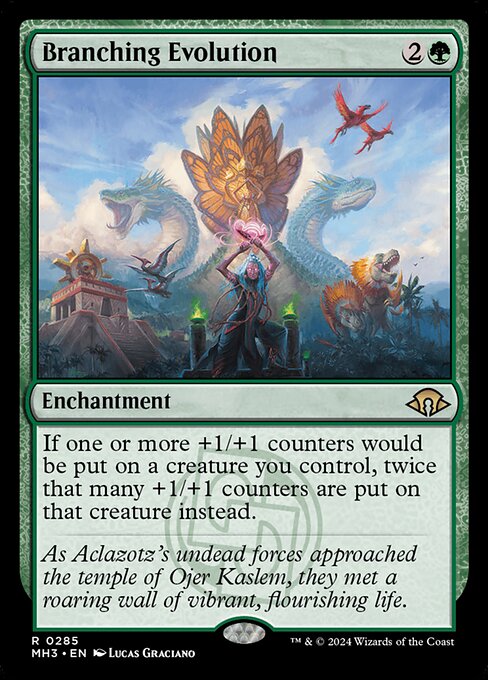
Branching Evolution
-

Lord of the Nazgûl
-
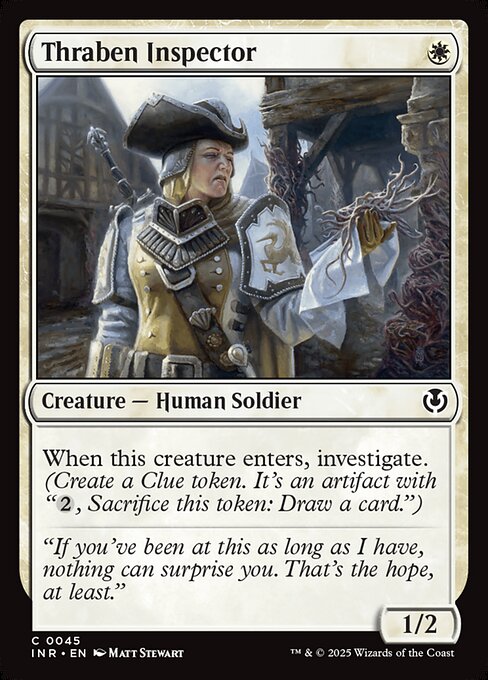
Thraben Inspector
-
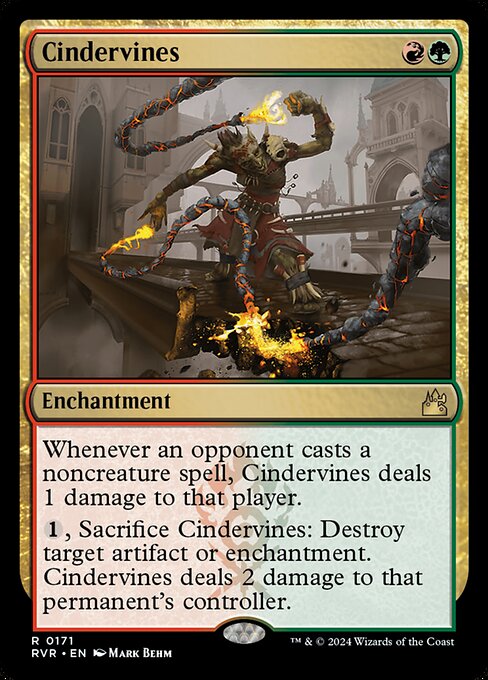
Cindervines
Gameplay Summary
In this match, the game started off with each player setting up their board state, preparing strategies centered around their chosen commanders.
The first major play of the game came from the Vorel of the Hull Clade player, who aimed to double the number of counters on their creatures using cards like Primal Vigor and Branching Evolution.
The Lord of the Nazgûl player, on the other hand, showcased their strategy of creating and duplicating powerful wraiths.
The Myrel, Shield of Argive player focused on creating a board presence with soldier tokens, while the Meria, Scholar of Antiquity player aimed to leverage artifacts to gain card advantage and control the game.

















![New Dominaria United Commanders [Commander VS 306] | Magic: the Gathering Commander Gameplay thumbnail](https://i.ytimg.com/vi/ojGzEzd3Csc/sddefault.jpg)


![Purphoros vs Toxrill vs Jodah vs Meria [EDH/Commander, Magic The Gathering Gameplay 2022] thumbnail](https://i.ytimg.com/vi/kVnk6OKMiFw/sddefault.jpg)










![Commander VS S6E1: Vorel vs Ghost Council of Orzhova vs Bosh vs Varolz [MTG] thumbnail](https://i.ytimg.com/vi/mFRQJMI6GOc/sddefault.jpg)
![Commander Vs S2E6: Ulasht vs Vorel vs Mirko Vosk vs Ghost Council [MtG: Multiplayer] thumbnail](https://i.ytimg.com/vi/LJUddrBSel8/sddefault.jpg)











![Who's The Beatdown??? ft. Edgar Markov, Myrel, Akiri, and Zhulodok [EDH/Commander Gameplay 2023] thumbnail](https://i.ytimg.com/vi/r3Qv0YB6ypw/sddefault.jpg)
